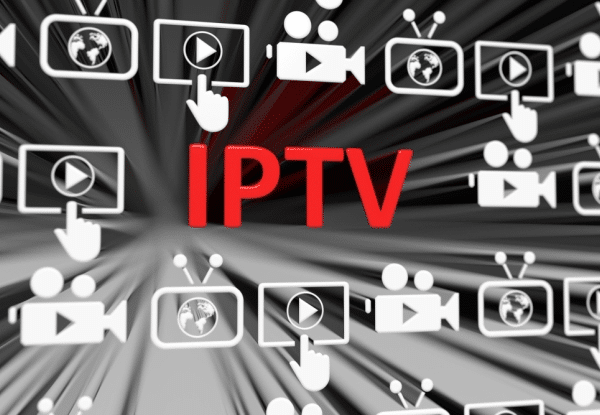Do You Need a VPN to Watch IPTV?

Do You Need a VPN to Watch IPTV?
IPTV delivers live television and on-demand content directly over the internet. This innovative technology provides an affordable and flexible alternative to traditional cable and satellite subscriptions. With IPTV, you can customize your channel lineup, access tons of VOD content, and enjoy advanced features like cloud DVR. But to securely access all that IPTV has to offer, is a VPN required?
VPNs provide an extra layer of security and anonymity when streaming. But do you really need a VPN for IPTV feeds? Let’s examine the arguments on both sides to help you determine if using one is right for your IPTV streaming needs.
What Exactly is IPTV?
IPTV stands for Internet Protocol Television. This technology takes TV channels and streams them through the Internet rather than through traditional cable or satellite providers. IPTV uses advanced compression technology to deliver high-quality streams that contain many popular live TV channels.
An IPTV service such as IPTV Access will provide you with a set-top box that connects to your internet router. This box decodes the video streams and sends the signal to your TV. You can then browse channels and watch live TV just as you would with cable. Many IPTV providers also offer video on demand, DVR services, premium channels, and other advanced features.
Why Some Believe a VPN is Necessary
So why do some people believe you need a VPN for IPTV? There are a couple of schools of thought on this:
- Avoid throttling – Some internet providers may detect IPTV traffic and throttle your connection speed, which could lead to buffering and lag. A VPN masks this traffic, making it appear as normal encrypted data.
- Bypass geographic restrictions – Certain channels and programs are geo-restricted, meaning they can only be viewed in certain countries or regions. A VPN allows you to spoof your location to access this geo-blocked content.
- An added layer of security – VPN encrypts your data and connection, helping keep your viewing habits private and secure. This prevents snooping from your ISP or others on the network.
- Avoid copyright issues – In some countries, authorities monitor for illegal streaming of copyrighted material. A VPN provides an encrypted tunnel, helping avoid detection.
Why a VPN May Not Be Necessary
Now that we’ve looked at why some believe a VPN is essential for IPTV, let’s look at the other side of the argument. Here are a few reasons a VPN may not be needed:
- Most IPTV providers already encrypted streams – Legitimate IPTV services use encryption and other security measures to keep their streams protected. This negates the need for the added security of a VPN in most cases.
- No need to bypass geo-blocks – Unless you are accessing international IPTV sources and need to appear in another country, geo-blocking won’t be an issue with local services.
- Throttling isn’t a major concern – While it’s true that some ISPs throttle heavy bandwidth services like IPTV, many modern providers have vastly increased bandwidth caps, making this less of a concern.
- Avoid introducing buffering issues – Using a VPN can sometimes negatively impact streaming performance. It’s best to only use one if absolutely necessary.
Do You Need a VPN for IPTV?: The Bottom Line
At the end of the day, while a VPN provides an added layer of protection and anonymity, it’s likely not mandatory for accessing quality IPTV streams in most cases. As long as you are using a legitimate IPTV service like IPTV Access, streams will already be encrypted and secured by your provider.
Introducing a VPN could create performance issues that degrade stream quality. Evaluate your own personal needs and requirements when deciding if going the VPN route is right for you. Just know that VPN or not, IPTV offers an affordable and flexible alternative to traditional pay TV.
Lucas Noah is a tech-savvy writer with a solid academic foundation, holding a Bachelor of Information Technology (BIT) degree. His expertise in the IT field has paved the way for a flourishing writing career, where he currently contributes to the online presence... Read more




